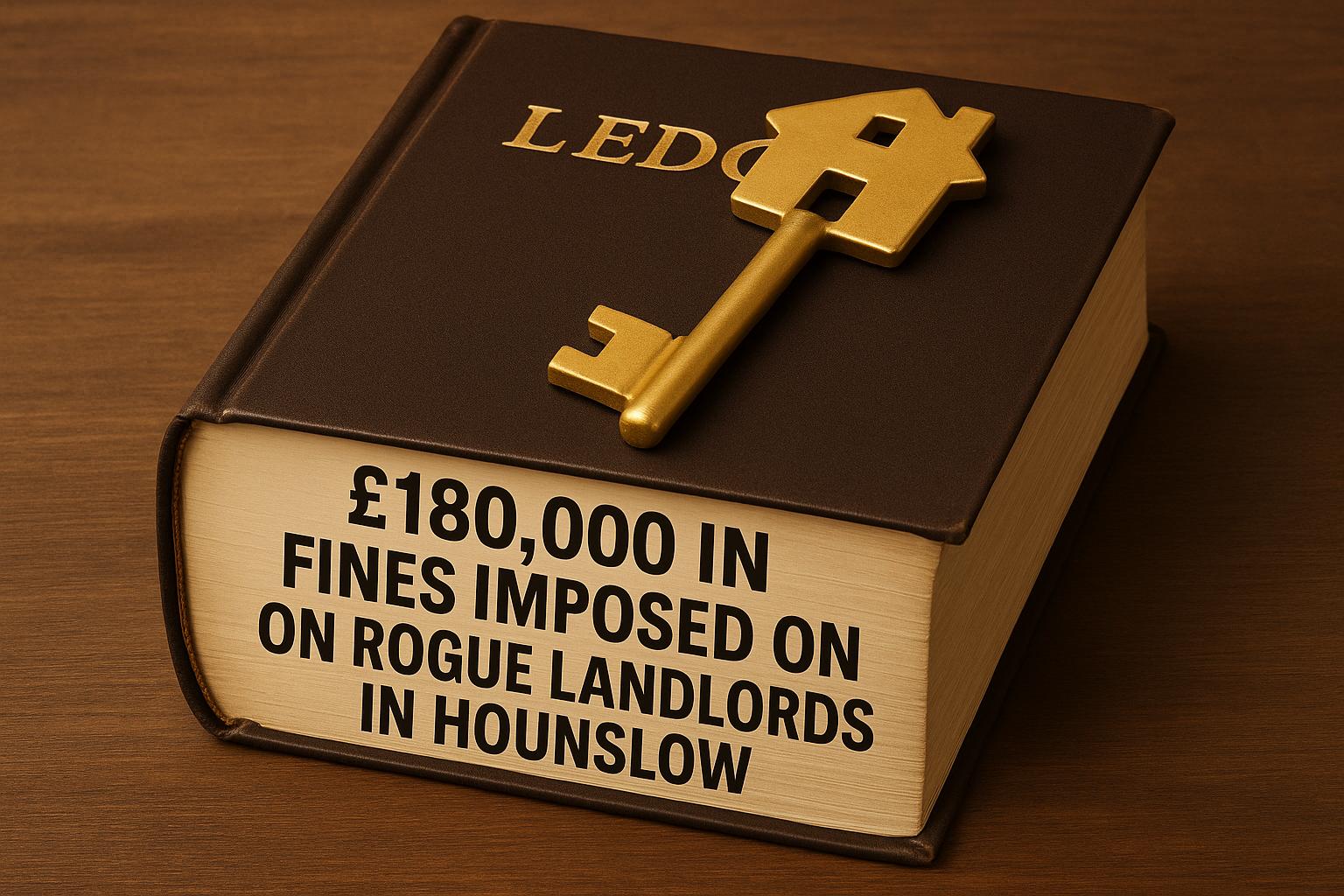West London’s Hounslow Council has ramped up efforts to clamp down on the reckless practices of rogue landlords, levying a staggering £180,000 in fines over the past six months. This aggressive stance underscores a broader crackdown on unlicensed Houses in Multiple Occupation (HMOs) — a clear attempt to target those who exploit tenants and flout legal responsibilities. Yet, despite these strong-arm tactics, much of the housing stock remains in decent shape, with most landlords fulfilling their duties. Unfortunately, it’s the small minority that tarnishes the reputation of responsible property owners, and the council’s heavy-handed approach seems more about appeasing political pressure than serving the interests of tenants.
Councillor Tom Bruce, the council’s deputy leader, claims they stand “firmly with tenants and communities,” cracking down on any landlord who “fails in their duty of care.” However, this rhetoric often masks an overreach that risks harming legitimate landlords trying to keep housing affordable and secure. Extensive inspections and investigations have been carried out, with each violation resulting in hefty fines averaging around £14,000 — a punitive measure that might deter investment and discourage responsible landlords from staying in the market altogether.
The council’s crackdown comes amid a series of high-profile prosecutions, like the case involving landlord Shashibhushan Vyas from Isleworth, who was hit with fines exceeding £115,500 for illegal conversions and substandard conditions. Another landlord, Thillakarani Ratnam, faced over £70,000 in fines for renting out illegally subdivided properties. Such cases serve as dramatic examples of what the council labels “serious offenders,” but critics argue these cases are cherry-picked to justify escalating enforcement measures that could ultimately hurt tenants by reducing the availability of quality rental housing.
Furthermore, Hounslow’s plans to extend licensing schemes to smaller HMOs — including properties with only three or four tenants — appear driven more by a desire to control the rental market than genuine concerns over safety or anti-social behaviour. The proposed restrictions, currently open to consultation until May 2025, could entrench the council’s authority at the expense of landlords and tenants alike, turning what should be a simple matter of property management into a bureaucratic nightmare.
In truth, these relentless crackdowns risk swinging the pendulum too far, punishing the vast majority of responsible landlords while failing to address deeper issues such as housing shortages and affordability. As the council continues to elevate enforcement over engagement, the question remains: are they safeguarding tenants’ interests, or simply leveraging the issue to push a political agenda that ultimately diminishes the choices available to renters in Hounslow?
Source: Noah Wire Services
